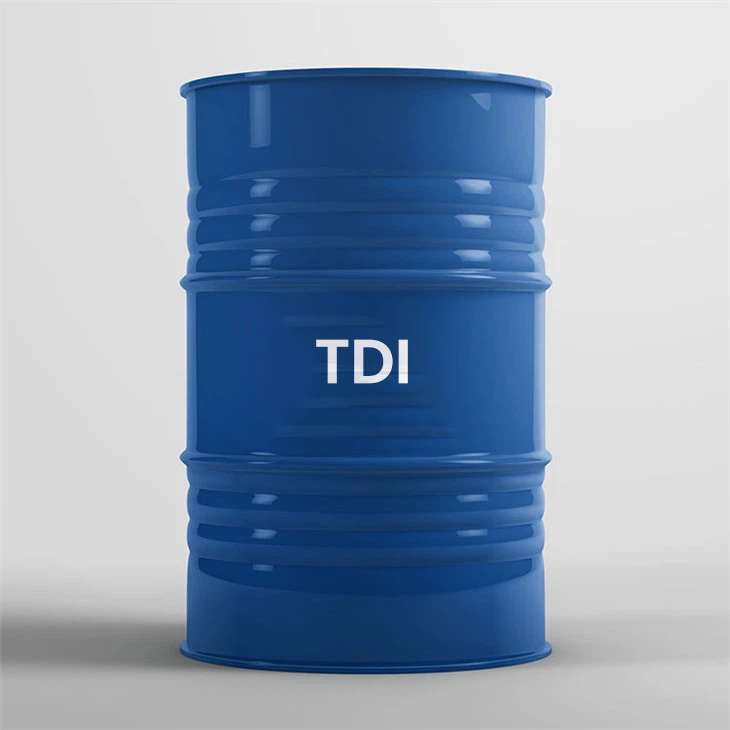TDI
TDI
Toluene Diisocyanate (TDI) is produced through a three-step process. First, toluene undergoes nitration to form dinitrotoluene (DNT). In the second step, DNT is catalytically hydrogenated to produce toluene diamine (TDA). Finally, TDA reacts with phosgene to yield TDI.
TDI is available in three common isomeric ratios:
- TDI 65: 65% of the 2,4-isomer and 35% of the 2,6-isomer
- TDI 80: 80% of the 2,4-isomer and 20% of the 2,6-isomer
- TDI 100: 99% of the 2,4-isomer
The primary isomers of TDI are 2,4-toluene diisocyanate and 2,6-toluene diisocyanate.

Production
TDI is widely used in the production of flexible foams for cushions, furniture, bedding, car seats, carpet underlay, and packaging. It is also essential for manufacturing CASE (Coatings, Adhesives, Sealants, and Elastomers).
Classified as “very toxic,” TDI requires careful handling. Arpadis, one of Europe’s largest chemical distributors, manages the global logistics of TDI, including storage, transportation, and import/export operations.
Another Types
- TDI T65 (Toluene Diisocyanate)
- TDI T80 (Toluene Diisocyanate)
- TDI T97 (Toluene Diisocyanate)
- TDI T100 (Toluene Diisocyanate)
- TDI TM (TDI / PMDI blend)
